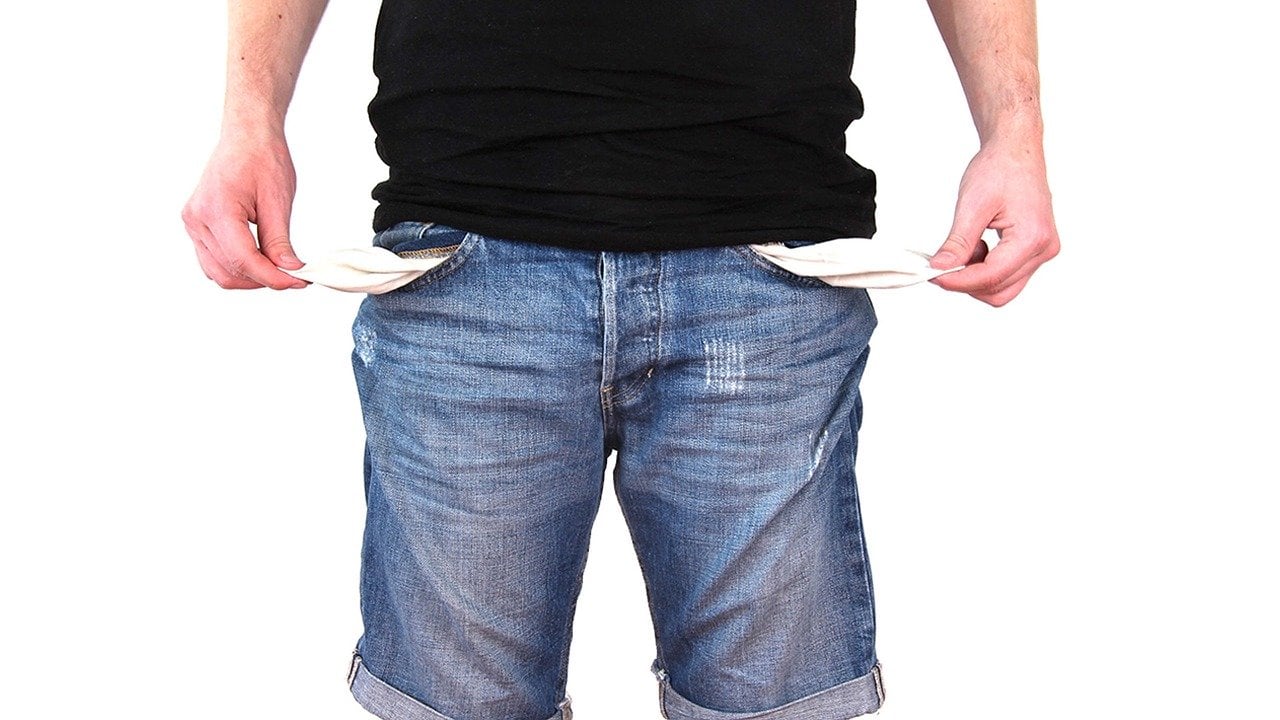Unemployment due to “nonessential” workers filing amid the coronavirus pandemic has surpassed 3 million, smashing the previous record high for jobless claims. The previous record high was set in October 1982 when 695,000 people filed for unemployment. For perspective, the peak during the Great Recession was 665,000 in March 2009.
Q4 2019 hedge fund letters, conferences and more
The Department of Labor said initial jobless claims increased to 3.28 million the week of March 15, representing an 11-fold increase from the week before. That number is also almost five times the previous record high.
Treasury Secretary Steven Mnuchin told CNBC that he thinks the current employment numbers "are not relevant." He added that stimulus relief checks will start landing in mailboxes within the next three weeks as the federal government lends financial aid where it's needed most.
The Senate passed the $2 trillion aid package that's been in negotiation for days amid several holdups. The House is scheduled to vote on the aid bill tomorrow. The bill will send payments of up to $1,200 for individuals and $2,400 for couples directly to Americans. It also adds $500 for each child, based on 2019 tax returns for those who have filed and 2018 for those who have not filed yet.
The payment decreases for individuals making $75,000 and ends for those earning $99,000 or more. Most of the payments will be done direct deposit.
What does it mean to be "nonessential"?
Almost every state has declared a state of emergency amid the COVID-19 pandemic, which has sent the number of cases higher and higher. Many states have ordered so-called "nonessential" workers to stay home, meaning that anyone whose job isn't considered "essential" is being forced out of work. It seems safe to say that the lion's share of the unemployment claims are workers whose jobs have been deemed "nonessential."
Unfortunately, the fallout from the coronavirus pandemic seems to be affecting low-income workers, who are already the most vulnerable. Because of the crackdown on so-called "nonessential" jobs, workers who can least afford not to work are those who have been laid off.
Most states who have ordered "nonessential" workers to stay home have set very specific guidelines. Some low-paying jobs, like employees of grocery stores, are protected during this time of record unemployment affecting so-called "nonessential" workers.
However, most jobs that pay the least, like wait staff at restaurants, have been labeled "nonessential." Such employees are often those with the least savings to rely on during major downturns in the economy. Some factory workers are also affected, although it depends on what kind of factory they work at. Other jobs like hairstylists are also considered "nonessential."
"Essential" workers include medical personnel, caregivers, social services and shelters, pharmacy workers, mortuary services, first responders, carryout workers at restaurants, veterinary employees, mass transit workers, public works, truck drivers, journalists and production staff, teachers, and bank employees.






